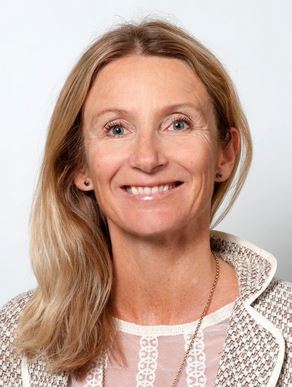Prof. Anne Simonsen (Oslo University Hospital, Norway)

Dysfunctional autophagy is linked to several pathophysiological conditions, including cancer and neurodegenerative disorders. The main focus of the “Simonsen Lab” is to characterize of the molecular mechanisms involved in cargo sequestration and autophagosome biogenesis during non-selective and selective types of autophagy with a long-term goal to identify novel targets for diagnosis or treatment of human disease.
Work in our laboratory is currently focused on identification of novel lipid-binding proteins involved in different types of autophagy and elucidation of their function in autophagy and link to disease. To address these challenges, we use a combination of cell biological, biochemical, imaging, genomic and computational approaches, as well as disease-related model systems.
Prof. Katja Simon (University of Oxford, UK)

Katja Simon is studying cell fate in the hematopoietic system. She trained as an Immunologist under Avrion Mitchison at the DRFZ Berlin and found that TH1 cytokines are found in excess in human autoimmune diseases in her PhD. As a postdoc at the Centre d'Immunologie Marseille Luminy, she investigated transcription factors regulating thymic cell death. During her second postdoc in Oxford she pursued her interest in cell fate, studying cell death molecules (Trail and FasL) in thymic selection, inflammation and tumour immunity. As a principal investigator, she set up an independent line of enquiry investigating autophagy, another cellular process determining cell fate, in the hemato-immune system. Her group discovered that autophagy, the main conserved cellular bulk degradation pathway, maintains healthy red blood cells, stem cells and memory T cells and promotes differentiation while preventing ageing of the hematopoietic system.